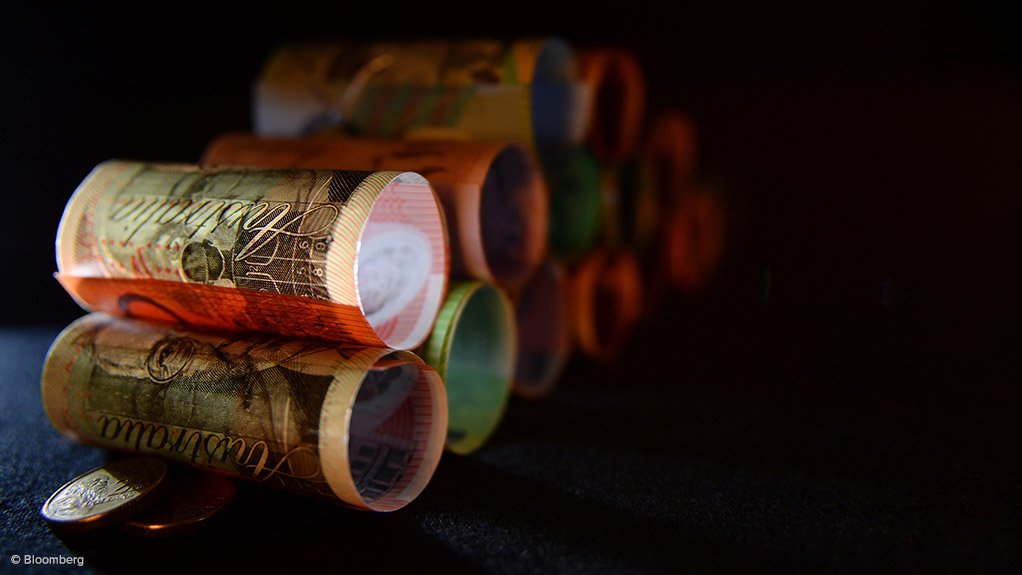Foreign direct investment (FDI) globally grew by 11% to $1.4-trillion last year, but contracted by 8% when excluding flows through European conduit economies.
United Nations Conference on Trade and Development (Unctad) finds in its latest ‘Global Investment Trends Monitor’ that conduit European economies often serve as transfer points for investments before they reach their final destination – which reflects a world grappling with shifting economic dynamics and persistent uncertainties.
Developed economies, in particular, experienced sharp contrasts. Unctad reports that North America had recorded a 13% rise in FDI, driven by an 80% increase in US mergers and acquisitions (M&A).
The value of greenfield projects – meaning new investments in foreign markets – grew by 93% in the US, reaching $266-billion, spurred by semiconductor megaprojects.
The UK also recorded a 32% increase in greenfield investments to $85-billion, while Italy posted a remarkable 71% increase to $43-billion.
Europe, however, faced steep declines. In this region, FDI fell 45% when excluding conduit economies, with 18 out of 27 EU countries seeing drops.
Even greenfield investments, which are vital for future growth, dropped 10% across Europe, though the region saw a 15% rise in total project value, which signals the significance of a few large-scale projects.
Germany’s FDI decreased by 60%.
Unctad also finds that international project finance, which is a key driver for infrastructure and energy investments, also faced challenges, with deals dropping 26% in number and nearly a third in value across developed economies.
In developing economies, FDI decreased by 2%, marking the second consecutive yearly decline.
This dip threatens progress on the Sustainable Development Goals (SDG), which depend heavily on international finance. Investments in SDG-related projects fell 11% globally in 2024, with fewer projects in agriculture and food processing, infrastructure and water and sanitation than in 2015, when the SDG goals were adopted.
Asia, the largest recipient of FDI among developing regions, saw inflows decline by 7%.
China faced a 29% drop, which is now 40% below its 2022 peak.
In contrast, India recorded a 13% increase in FDI, boosted by growth in greenfield project announcements.
Meanwhile, Association of Southeast Asian Nations countries, including Brunei Darussalam, Burma, Cambodia, Indonesia, Laos, Malaysia, Philippines, Singapore, Thailand and Vietnam, saw modest growth, with FDI increasing 2% to a record $235-billion.
In Latin America and the Caribbean, FDI declined by 9%, with Brazil’s inflows falling 5%.
However, greenfield project numbers and values rose in Brazil, Argentina and Colombia, signalling potential future recovery.
Mexico’s FDI rose 11%, despite weaker regional project announcements, showing resilience in the face of broader challenges.
Africa stood out, recording an 84% surge in FDI to $94-billion, largely owing to a single megaproject in Egypt. Excluding this project, the continent’s FDI rose by 23%, though the overall figure remained modest at $50-billion.
Looking to this year, Unctad expects moderate FDI growth supported by improved financing conditions and renewed M&A activity.
However, risks and uncertainties – including geopolitical tensions and global economic instability – pose significant challenges.
“The continued decline in greenfield investments and international project finance underscores the need for robust, diversified strategies to attract and sustain investment, especially in sectors critical for sustainable development.
“For both developed and developing economies, the stakes are high as they navigate this complex landscape,” the organisation concludes.
EMAIL THIS ARTICLE SAVE THIS ARTICLE ARTICLE ENQUIRY FEEDBACK
To subscribe email subscriptions@creamermedia.co.za or click here
To advertise email advertising@creamermedia.co.za or click here











